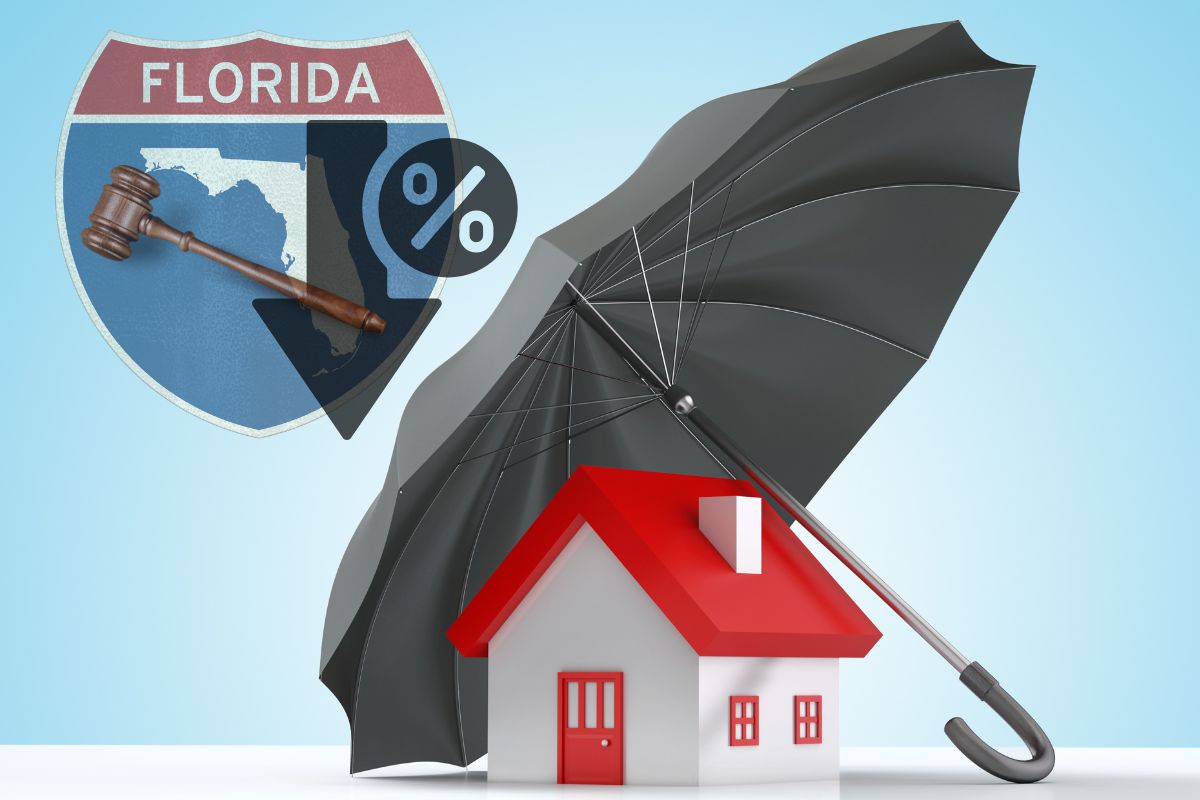In a significant development for Florida homeowners, the Office of Insurance Regulation has approved a 3.3% rate decrease for Heritage Insurance Holdings Inc.’s homeowner policies. This rate reduction, effective August 20, 2024, for both new and renewal policies, is anticipated to be a precursor to broader trends in the state’s insurance market. This article explores the implications of recent legislative changes and their potential impact on insurance premiums in Florida.
Florida Legislative Changes Driving the Shift
SB 2A (2022)
The passage of SB 2A in 2022 introduced several critical reforms aimed at enhancing the efficiency and accountability of Florida’s insurance sector. Key provisions include:
- Prompt Claims Handling: Insurers are now required to communicate, investigate, and settle valid claims more expeditiously, reducing delays and improving customer satisfaction.
- Elimination of One-Way Attorney Fees: This change removes the automatic awarding of attorney fees to policyholders in property insurance disputes, thereby discouraging frivolous lawsuits and abusive claims practices.
- Offer of Judgment Process: Both parties can now obtain fees through a more balanced offer of judgment process, incentivizing fair settlements.
Florida Optional Reinsurance Assistance (FORA) Program
The FORA Program offers insurers the option to purchase hurricane reinsurance at reasonable or near-market rates. By providing a more stable reinsurance market, this program helps insurers manage risk more effectively, ultimately benefiting policyholders through potential premium reductions.
Consumer Protection and Insurer Accountability
The new legislation also mandates increased consumer protection measures and greater insurer accountability:
- Regular Property Insurance Mitigations: Mitigations must be updated at least every five years, ensuring that properties are continuously assessed and improved for risk mitigation.
- Wind Uplift Prevention Techniques: Insurers must consider the impact of wind uplift prevention measures, promoting safer building practices and potentially lowering risks.

Insurance Industry Analysts’ Perspective
Insurance industry analysts are optimistic about the broader effects of these legislative changes. With the elimination of one-way attorney fees alone could lead to significant cost savings for insurers, which will likely be passed on to policyholders in the form of lower premiums, is the echoing sentiment from insurance professionals. Also the stabilization of the reinsurance market through programs like FORA further supports this trend.
Actuarial and Risk Management View
From an actuarial standpoint, the new measures are expected to improve loss trends and financial stability across the industry. “The combination of prompt claims handling and updated risk mitigation techniques should lead to more accurate pricing and reduced loss ratios,” notes an undisclosed risk management expert. “This bodes well for the long-term affordability of insurance premiums in Florida.”
Historical Context and Data Points
Historical data provides valuable context for understanding the potential impact of the new legislation:
- Post-Hurricane Legislation (2007): The introduction of the Florida Hurricane Catastrophe Fund aimed to stabilize property insurance costs. While some policyholders saw premium reductions, others experienced increases based on property type and location.
- AOB Reform (2019): The Assignment of Benefits (AOB) Reform sought to reduce fraudulent claims. Initial analyses suggest this reform has contributed to a gradual decrease in premiums for many homeowners.
Current Data Trends
Recent data supports the likelihood of a downward trend in insurance premiums:
- Decreased Average Premium Rates: Over the past five years, average homeowner’s insurance premiums in Florida have fluctuated, but the latest legislative changes are poised to bring about more consistent reductions.
- Efficient Claims Processing: With the implementation of SB 2A, insurance claims processing times have improved, reducing administrative costs and enhancing customer satisfaction.
- FORA Program Adoption: The uptake of the FORA Program by insurers indicates its positive impact on the market, contributing to more stable and predictable premium rates.
Conclusion
The recent legislative changes in Florida are set to create a more efficient, balanced, and fair insurance market. By addressing issues such as one-way attorney fees and promoting effective risk management practices, these reforms pave the way for potential reductions in insurance premiums.
Heritage Insurance Holdings Inc.’s 3.3% rate decrease is a promising indicator of this trend. As Chief Executive Officer Ernie Garateix states, “The approved rate decrease is a testament to our efforts in effective risk management and strategic underwriting practices, as well as the favorable impact of legislative changes.”
For Florida homeowners and insurance professionals, these developments signal a shift towards more affordable and reliable insurance solutions. As the market continues to adapt to these changes, we can expect further positive impacts on premium rates and overall industry stability.


